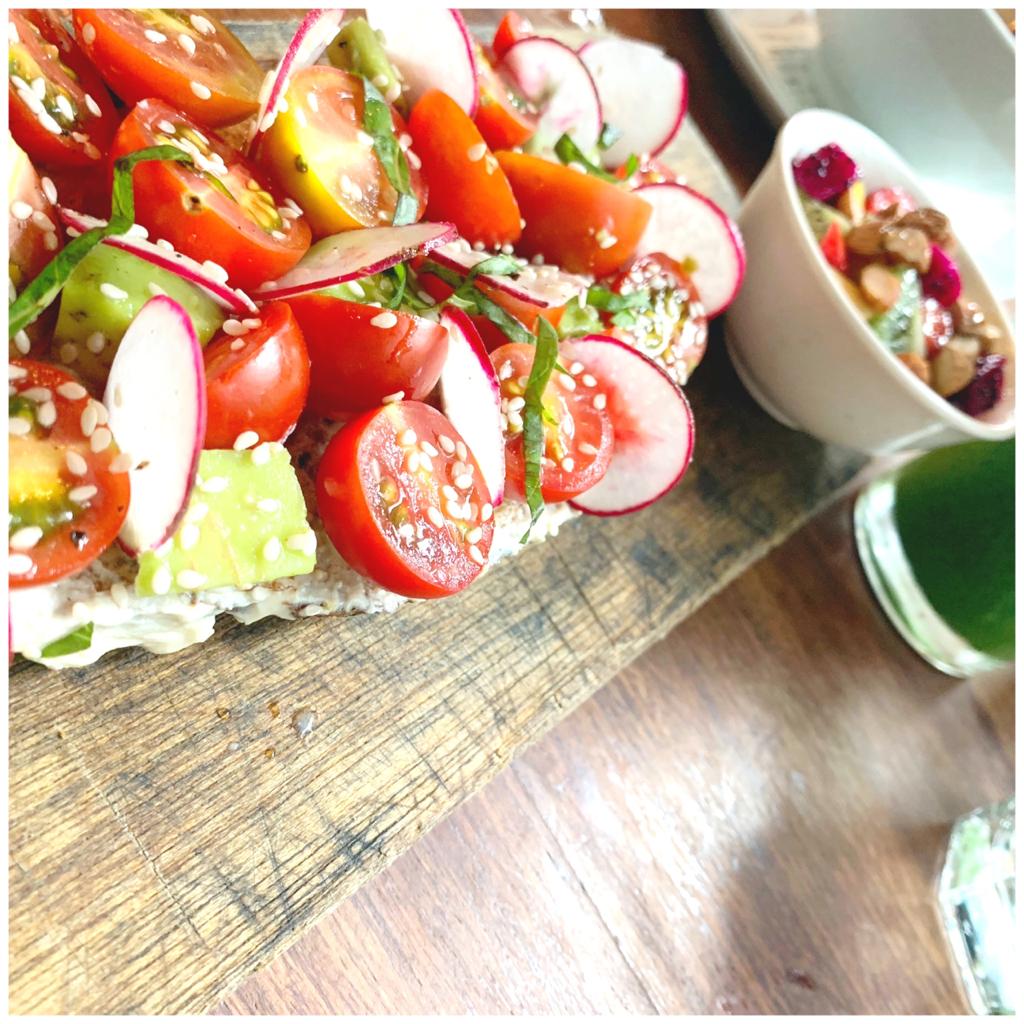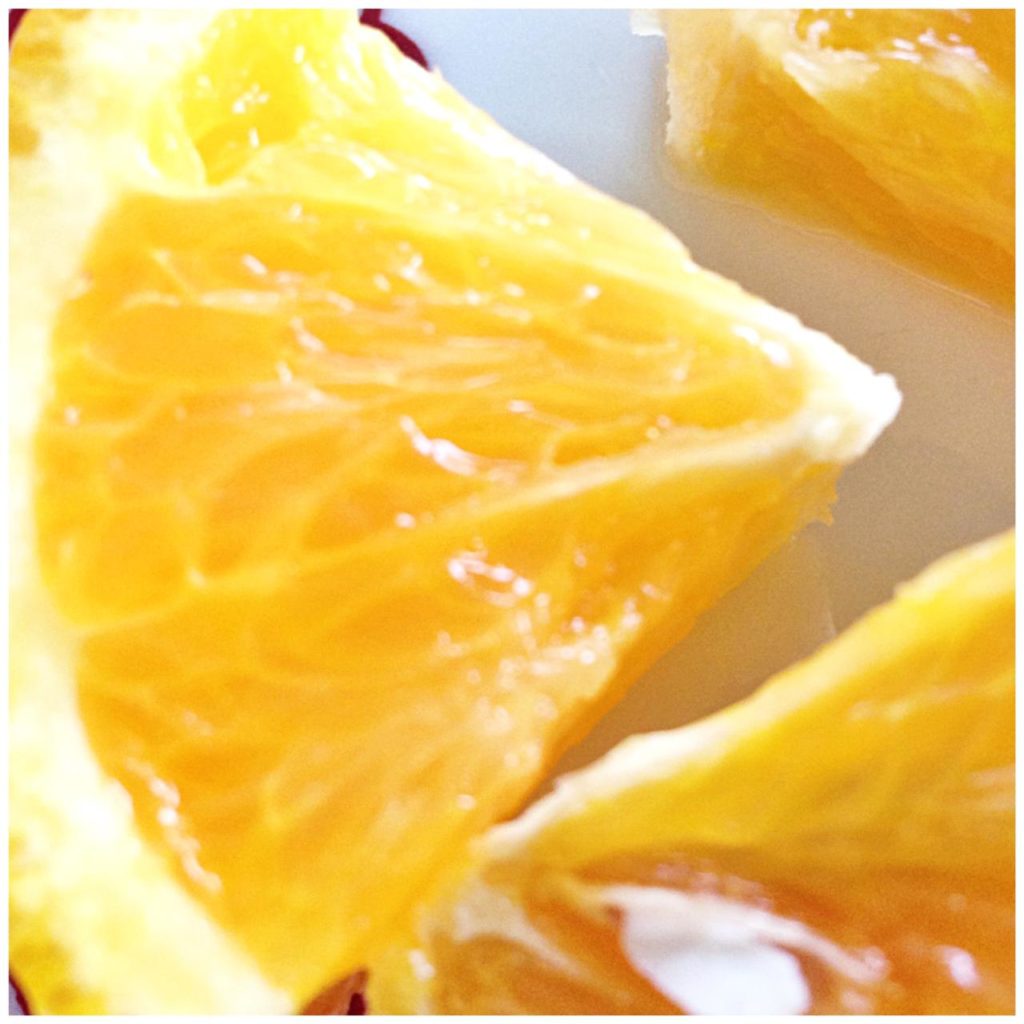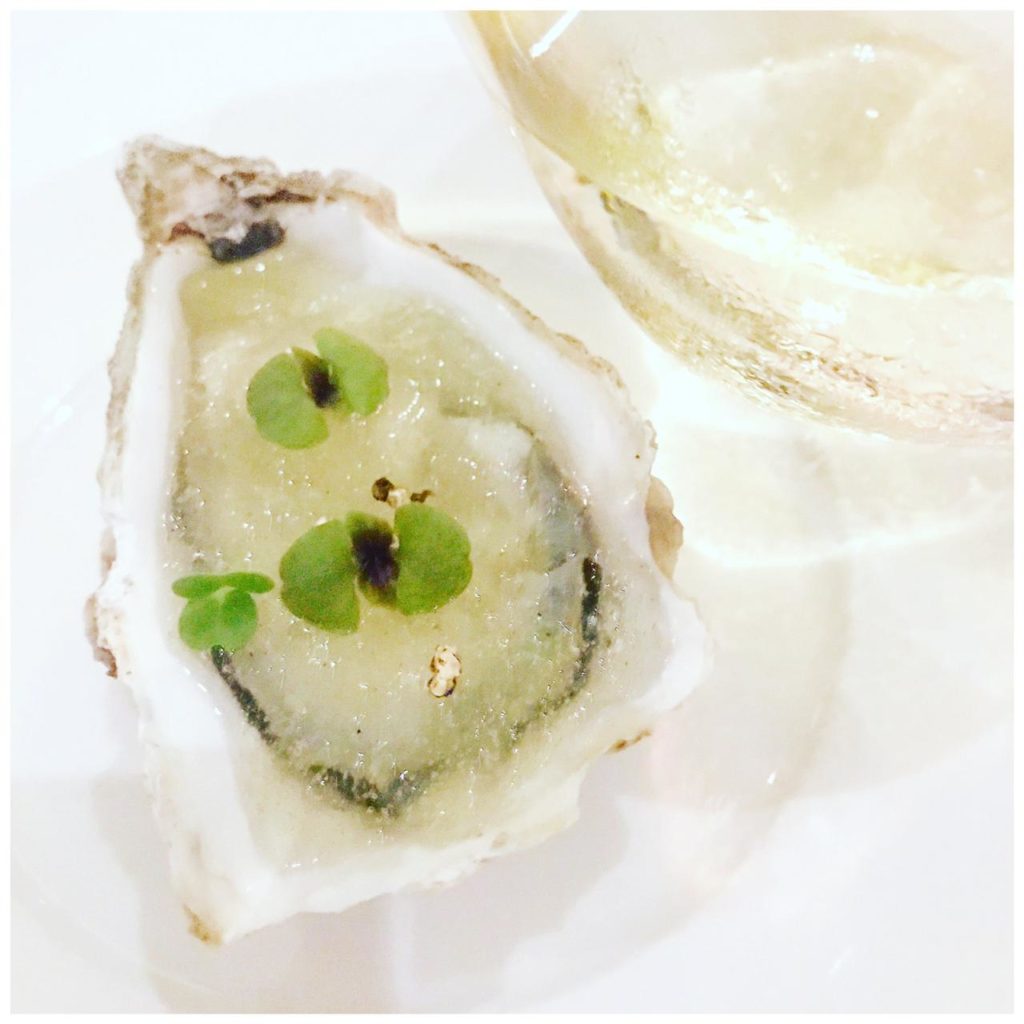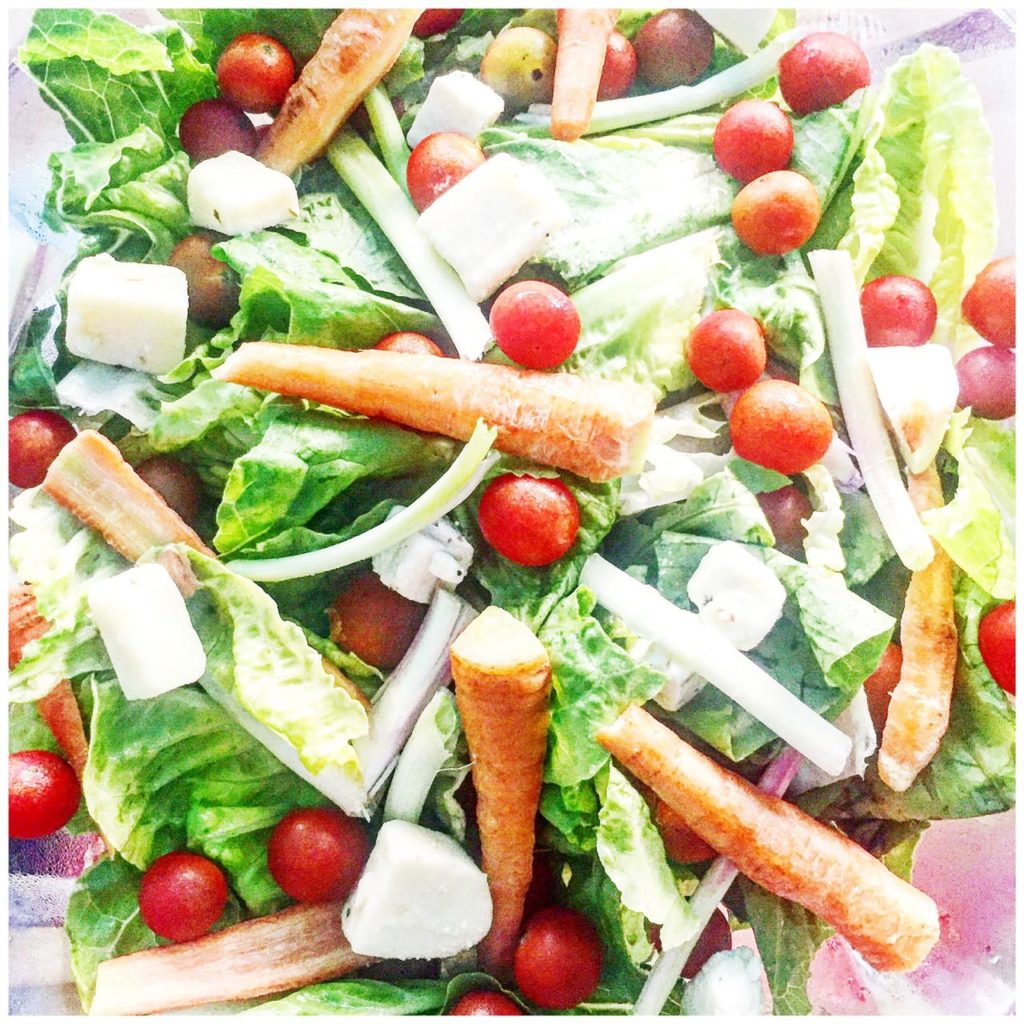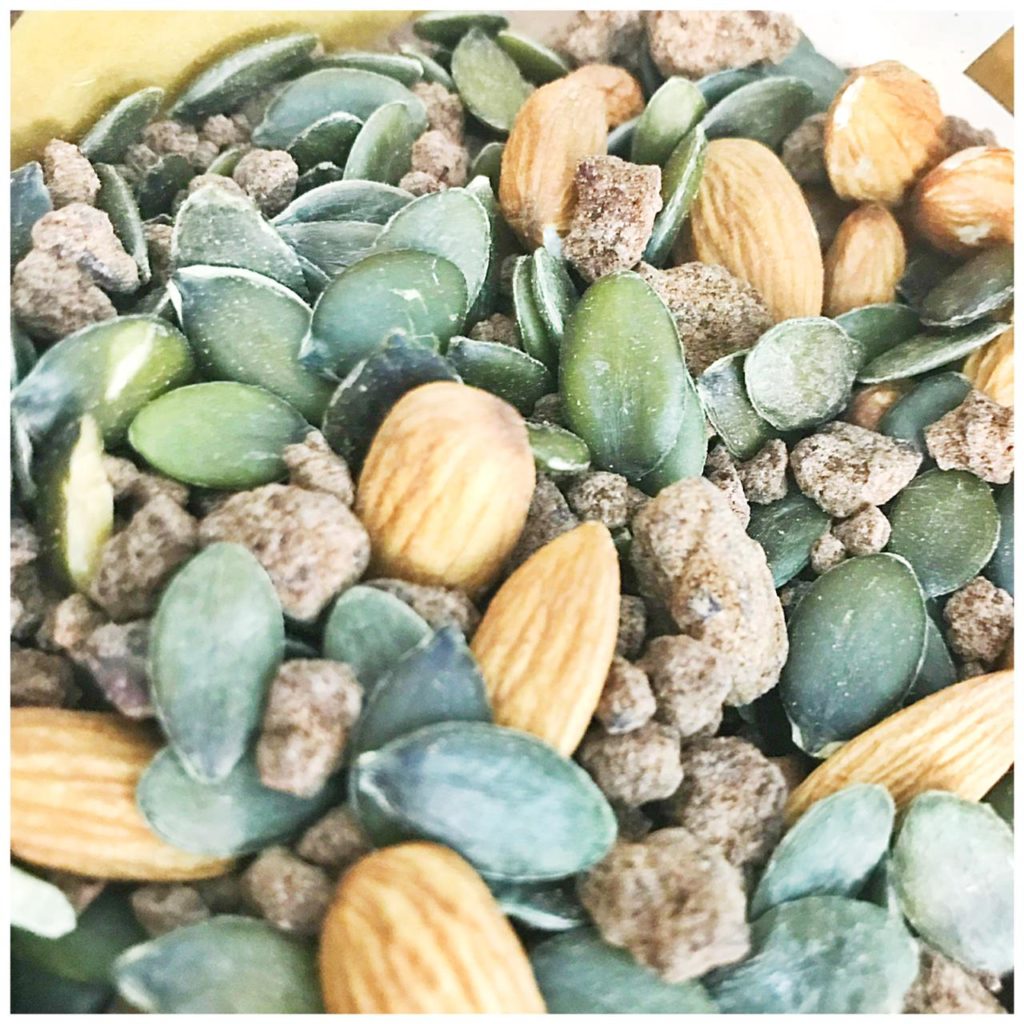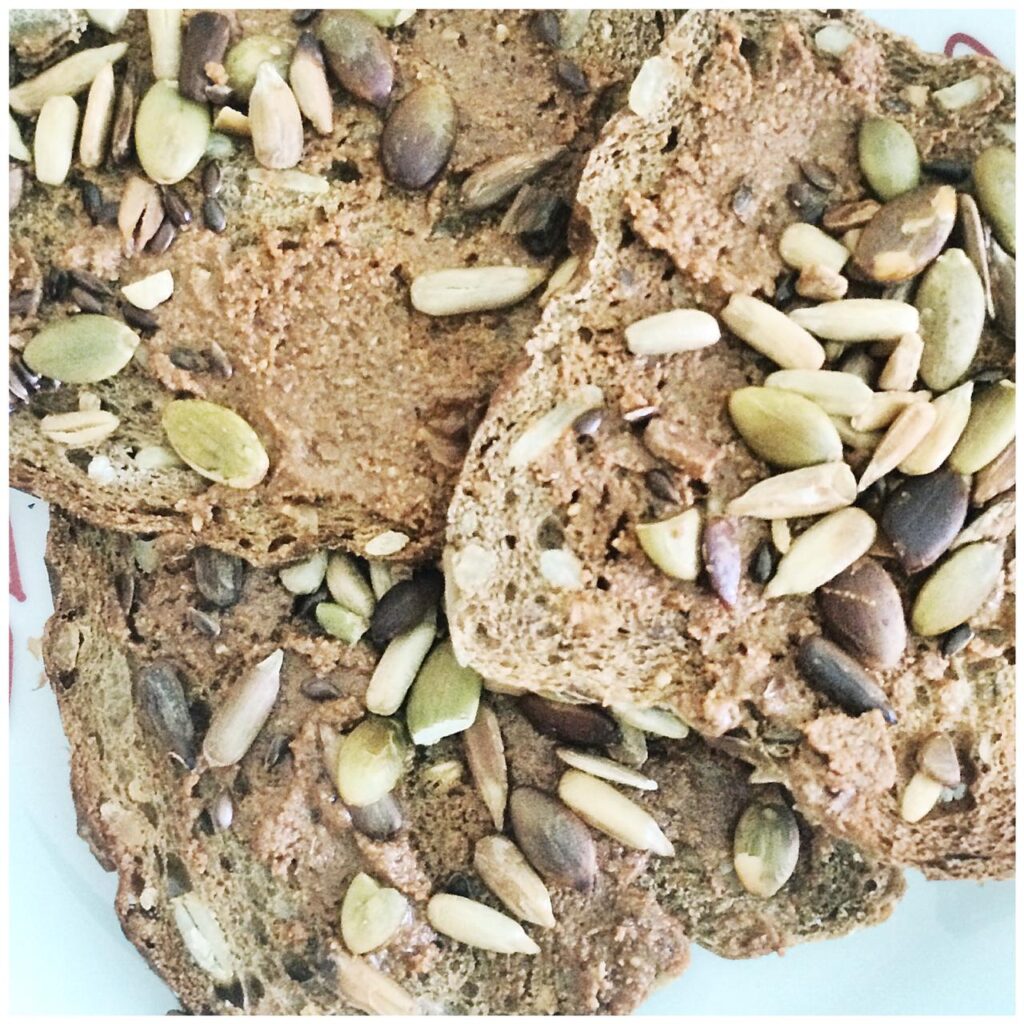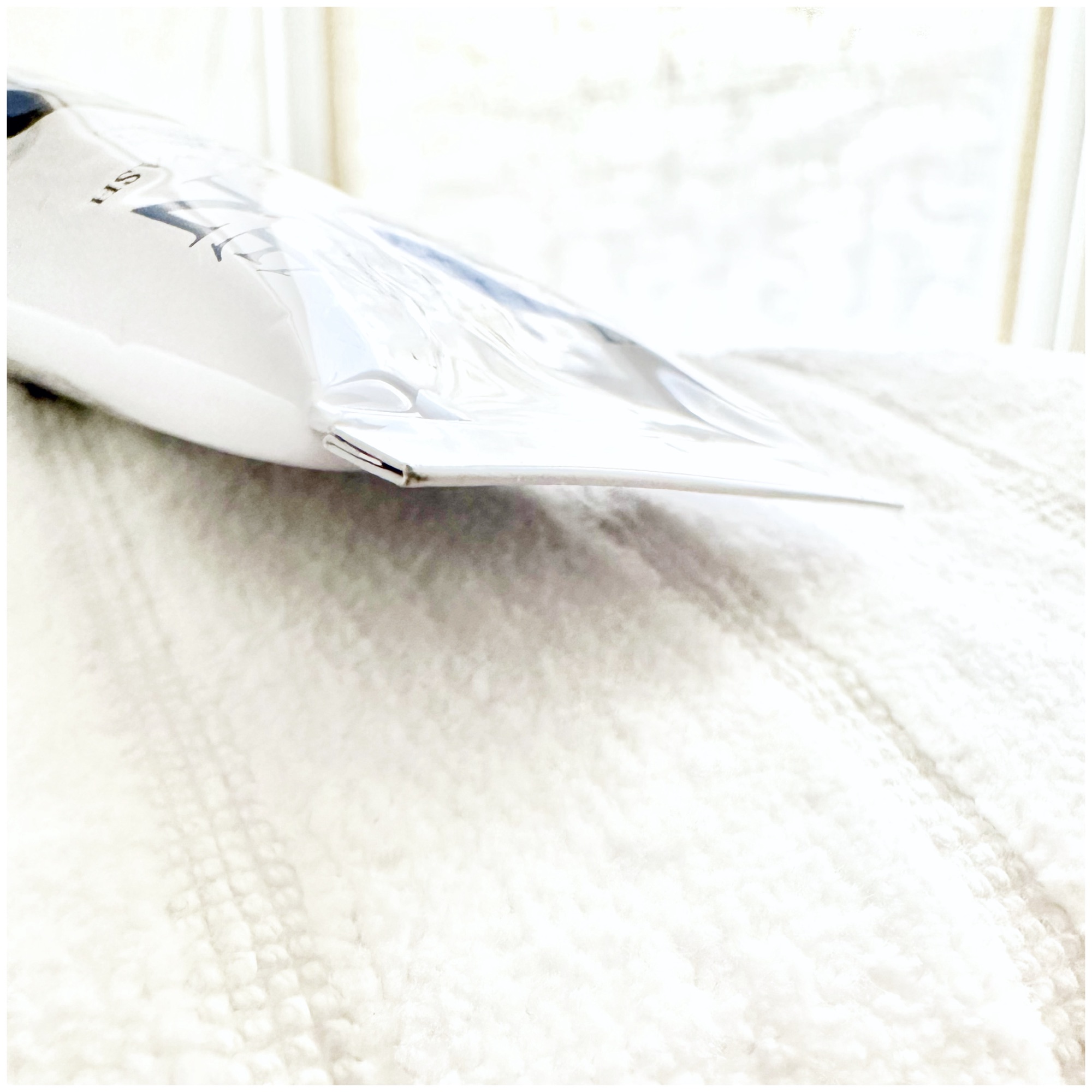Beauty is within…
The phrase “beauty is within” may seem spiritual or philosophical but it is evidently true in science and our physical well being.
There has been an explosion of fortifying food, beverages, and even beauty products with vitamins and minerals (natural additives) intended to enhance a product’s effectiveness. Assuming they are present in the stated concentrations, how can these so-called natural additives improve effectiveness? These natural additives are essential components for the efficient functioning of each cell in our body. The possible result, therefore, in a particular product fortified with these natural additives is that the product could be more effective than others without them. But nothing beats eating foods that are naturally rich in these vitamins and minerals.
Each of our cells is a vital part of a larger organ and each cell in our body thrives on proper nourishment and protection to ensure its optimal function. Of all the organs in our body, the skin is the largest. This beautiful armor encases our body to house other organs, protects our body from harmful things we come in contact with in our environment, helps us regulate our bodily temperature, and allows us to interpret sensations (pain, wet, soft, etc.). The skin is also a mirror of our nutritional status. Give your body the proper nourishment and it shows, beautifully, on healthy, glowing skin. Add these 5 food essentials to your daily diet for a inside-out health:
CITRUS FRUITS
While common contact allergens, citrus fruits are important to eat (just take care to avoid skin contact if you’ve patch tested positive for them). They are well-known good sources of vitamin C, which aids in the production of collagen (the protein that forms the basic structure of the skin). A study on over 4,000 women aged 40-74 published by the American Journal of Clinical Nutrition linked nutrient intake and skin aging. The study found that women who had a higher intake of vitamin C were less likely to have dryness of the skin and wrinkles, and more likely to have better skin-aging appearance. Citrus fruits are also abundant in antioxidants that prevent skin from cellular damage. So for smooth, taut skin, add citruses to your salad, eat them as snacks, or drink them!
Good sources are: oranges, cantaloupe, kiwi, guava, pomegranate, lemon, lime.
SEAFOOD
The sea contains treasures far beyond pearls. Fish and shellfish are rich sources of zinc and the important fatty acid omega-3.
Zinc is an essential mineral that can help combat acne since it is involved in metabolizing testosterone which affects the production of sebum, the oily substance that is one cause of a certain type of acne. Zinc can also facilitate the sloughing of dead skin cells by boosting new-cell production.
An increase of omega-3 in the diet can significantly reduce inflammation and dryness of the skin. Inflammations can hasten the skin aging process and are linked to many skin problems.
For youthful and glowing skin, fire up your grill with salmon, tuna, halibut, or prawns, or tame your hunger pangs with a warm seafood chowder. If you are more adventurous, shuck some fresh oysters or whip up an enticingly spicy Ceviche!
NOTE: seafood can be rich in iodides so control your intake if you have halogen acne.
RED & GREEN VEGETABLES
They add color to any dish but more importantly, they are rich sources of vitamin A and beta-carotenes.
Vitamin A is an antioxidant that facilitates the removal of dead skin cells on the outer layer of the skin. It helps in collagen production and in thickening the dermis (the layer of the skin that contains collagen, which is an important protein that hydrates the skin and keeps its elasticity).
Beta-carotene is also a powerful antioxidant, protecting the cells of the body from damage caused by free radicals. Furthermore, it helps reduce sun-induced skin damage and may help improve melasma. German researchers found that as little as 30 milligrams a day (the equivalent of 11/2 cups of cooked carrots) can help prevent or reduce the redness and inflammation associated with sunburn. “Beta carotene accumulates in the skin, providing 24-hour protection against sun damage,” says Ronald R. Watson, Ph.D., professor of public health research at Arizona Health Sciences Center in Tucson. Its use for skin protection is a reason why it is added in many supplements and topical creams.
For radiant-looking and smooth skin, enrich your diet with vitamin A- and beta carotene-filled colored fruits and vegetables such as mango, apricot, sweet potatoes, carrots, kale, broccoli, spinach, turnip greens, winter squash and collard greens.
NOTE: while vital to your health, beta carotene-rich foods cannot replace the daily use of sunscreen.
NUTS & SEEDS
These alternative sources of protein have the added bonus of being rich in the cleansing substance, fiber. Fiber is important to rid the body of waste and impurities. Nuts and seeds also contain a highly effective antioxidant in vitamin E.
Protein helps repair cells that have been damaged by free radicals. When protien is digested it is converted into amino acids, the building blocks of cells, which helps speed up the repair of skin cells and collagen.
Vitamin E is another top contact allergen but excellent fat-soluble vitamin that inhibits further damage of cells caused by free radicals — so if you have sensitive skin, eat it instead of spreading it on in a cream. It works together with other groups of nutrients like vitamin C, gluthathione, slenenium, and vitamin B3 to counter oxygen molecules that become too reactive (highly reactive oxygen-containing molecules damage the structure of the cells surrounding them).
Aging may be inevitable but having youthful, soft skin is attainable. Try sprinkling some nuts and seeds on your favorite dishes and salads and (with proper skincare and daily sunscreen use) watch those age lines ease up on you! Choose from walnuts, almonds, peanuts, pine nuts, macadamia, pecans, brazil nuts, sunflowers seeds, sesame seeds or poppy seeds.
NOTE: as always, follow your allergist’s instructions.
WHOLE GRAINS
“Whole” grains simply means: grains that did not undergo the extensive processing to remove their harder covering…which actually is the part containing the nutrients our body needs. Whole grains are rich in rutin and vitamin B.
Rutin is a bioflavonoid, found abundantly in buckwheat, and may be considered as an antioxidant working synergistically with vitamin C. One of its main functions is the proper absorption of vitamin C in the body. Rutin helps prevent vitamin C from being metabolized, which in turn enhances its benefits in the immune system.
Vitamin B is linked to acne (truer more for vitamin B12 but also for vitamin B6) but is very important to your body’s health! It strengthens the skin’s barrier by hydrating cells and acts as an anti-inflammatory, preventing redness and irritation of the skin. It aids in healthy skin-cell turnover. It is also said to help metabolize macronutrients and the absence of vitamin B renders the skin susceptible to skin lesions and light sensitivity.
For fresh, clear and more moisturized-looking skin, have a slice of your favorite buckwheat, whole wheat, rye, or multigrain bread! If you’re not fond of bread, brown rice or whole-wheat noodles might do some vitamin B goodness. Just go easy on the portions please!
NOTE: do not automatically assume that vitamin B is causing your acne. There are many types of acne and many possible causes, and vitamin B is too important to your health to avoid without your doctor’s ok.
This list is a helpful guide and by no means the only food that is helpful to the skin. Our skin needs protection and nourishment for it to be at its best. The bottom line on nourishment for our skin is still to have a diet that is nutritionally dense, varied, balanced and well-proportioned, plus engaging in physical activity that ensures the proper distribution of these nutrients throughout the body.
?
Check out the other posts related to skin, exercise, and nutrition:
Eat Right, Exercise, Daily Skincare Regimen: Healthy Habits to Look & Feel Your Best
Your Skin Wants You To EAT Your Antioxidants
Your Skin Wants You To Exercise Daily: 30-Day Healthy Skin Challenge
 Nutrition & Lifestyle Counselor Ginny Sinense-Marksl, RN-D, is a graduate of the University of the Philippines Diliman and a member of National Kidney Foundation in the USA. She’s been an avid student and practitioner of health and nutrition her entire adult life — professionally, for 20 years. Her passion is for overall wellbeing, other than just health and fitness, and she is a frequent speaker at corporate wellness events. She believes health is our life power and that we should take any chance that we get to optimize it!
Nutrition & Lifestyle Counselor Ginny Sinense-Marksl, RN-D, is a graduate of the University of the Philippines Diliman and a member of National Kidney Foundation in the USA. She’s been an avid student and practitioner of health and nutrition her entire adult life — professionally, for 20 years. Her passion is for overall wellbeing, other than just health and fitness, and she is a frequent speaker at corporate wellness events. She believes health is our life power and that we should take any chance that we get to optimize it!

